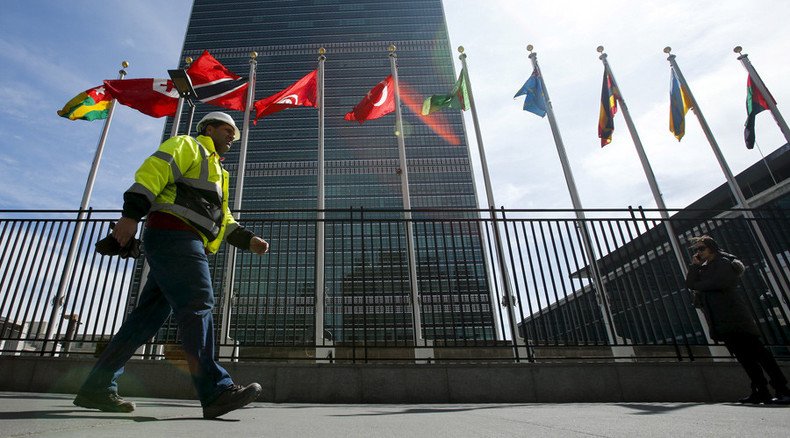UN report to condemn Britain’s human rights record

Repealing the Human Rights Act and denying prisoners the vote are just two issues Britain may be condemned for in a forthcoming UN report headed by outspoken Argentine judge Fabian Salvioli.
Salvioli chairs the UN’s influential Human Rights Committee. His report is expected to highlight a number of British human rights failings when it is published in Geneva on Thursday.
The report is expected to examine the Tory plan to scrap the Human Rights Act and replace it with a British Bill of Rights. A previous report questioned Britain’s policy of denying prisoners the right to vote.
“Having just celebrated the 800th anniversary of Magna Carta, we don’t need lecturing on a proud tradition of human rights in this country,” Tory MP Henry Smith told the Telegraph, before praising the UK’s human rights record.
“Indeed we played a leading role in drafting the original European Convention, in the wake of the horrors of the concentration camps of Nazism and the gulags of communism.
“We certainly don’t need to be told to give prisoners the right to vote when there are real and greater injustices being perpetrated round the world,” Smith added.
Tensions between the two countries have waxed and waned in the 33 years since they fought a short, savage war over control of the Falkland Islands, which Argentina calls Las Malvinas.
In June 2015, documents leaked by whistleblower Edward Snowden claimed the UK had spied on Argentina for several years, fearing it would make a second attempt at retaking the Falklands.
The intelligence data released by Snowden suggests Britain have spied on Argentinian authorities since at least 2009, preparing offensive cyber operations to change public opinion regarding the Falklands, according to the Intercept.
British spy agency GCHQ had allegedly been preparing a bold, covert plan called “Operation QUITO.” It involved the Joint Threat Research and Intelligence Group (JTRIG), a classified unit that spreads misinformation.
The leaks describe the mission as a “long-running, large scale, pioneering effects operation,” with surveillance on several platforms of “high priority” tasks.













